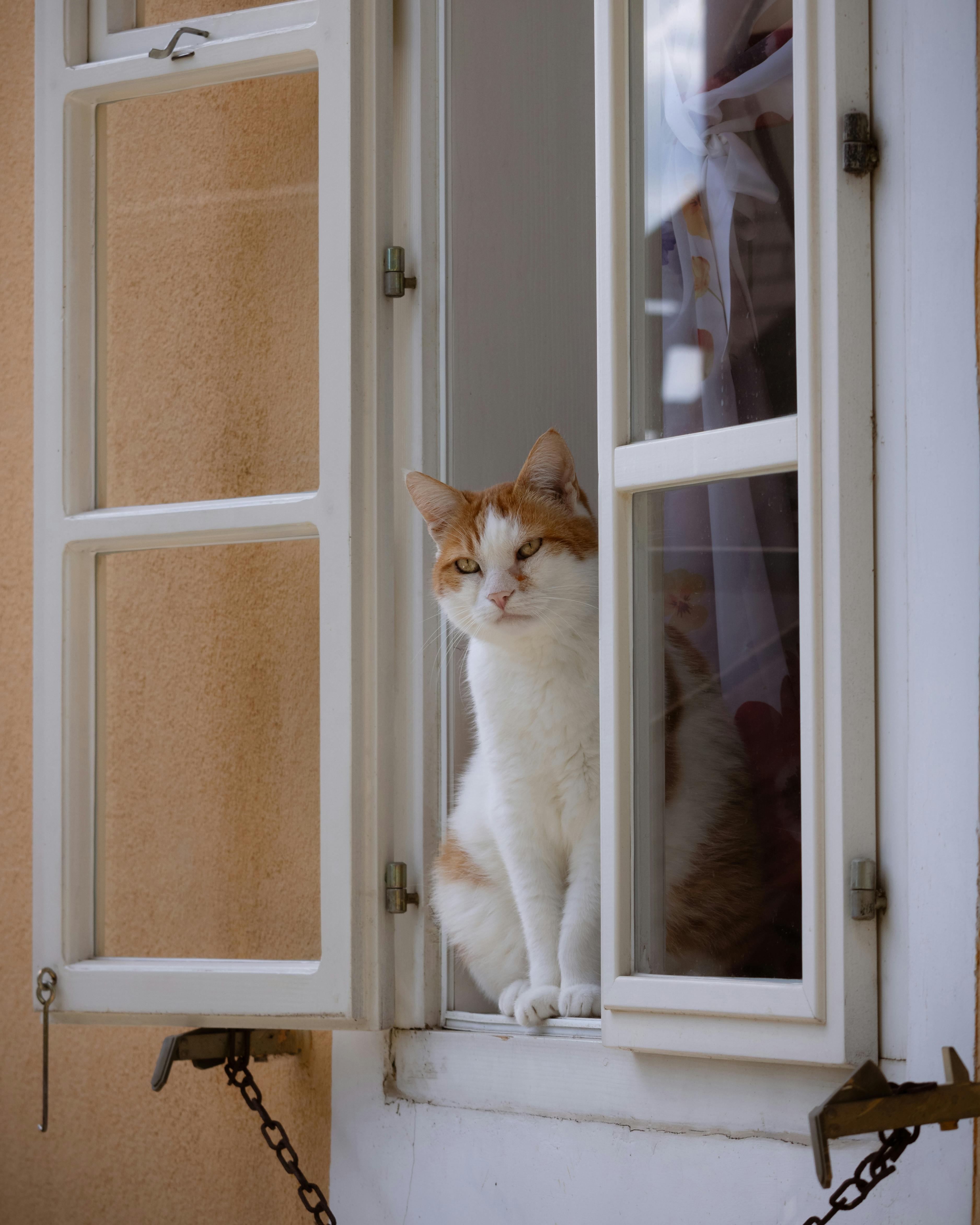
 On October 27, 2009, the same-intercourse marriage bill was debated within the Chamber of Deputies’ General Law Committee and the Committee on Family, Women, Children and Youth. On July 6, the Senate’s General Law Committee recommended rejection of the bill. While early efforts to legalize identical-sex marriage failed, the overall Assembly approved two legal guidelines in 2008 that grant all unmarried couples sure home partnership rights, including the flexibility to make hospital and nursing home visits, end-of-life decisions and other medical selections, as well as rights to joint property ownership. In 2012, the first Northern Ireland Assembly motion proposed by Sinn Féin and the Green Party of Northern Ireland calling for identical-sex marriage was defeated by the Democratic Unionist Party. The 2017 AmericasBarometer confirmed that 65% of Argentines supported same-sex marriage. A survey taken at the time found that 70% of Argentines supported legalizing similar-intercourse marriage. Research from 2022 discovered that the pandemic led to a extra energetic sex life for married people in Singapore, which seems to have persisted after the lockdown ended. A Pew Research Center poll conducted between February and should 2023 showed that 67% of Argentines supported identical-intercourse marriage, 26% had been opposed and 7% did not know or had refused to reply.
On October 27, 2009, the same-intercourse marriage bill was debated within the Chamber of Deputies’ General Law Committee and the Committee on Family, Women, Children and Youth. On July 6, the Senate’s General Law Committee recommended rejection of the bill. While early efforts to legalize identical-sex marriage failed, the overall Assembly approved two legal guidelines in 2008 that grant all unmarried couples sure home partnership rights, including the flexibility to make hospital and nursing home visits, end-of-life decisions and other medical selections, as well as rights to joint property ownership. In 2012, the first Northern Ireland Assembly motion proposed by Sinn Féin and the Green Party of Northern Ireland calling for identical-sex marriage was defeated by the Democratic Unionist Party. The 2017 AmericasBarometer confirmed that 65% of Argentines supported same-sex marriage. A survey taken at the time found that 70% of Argentines supported legalizing similar-intercourse marriage. Research from 2022 discovered that the pandemic led to a extra energetic sex life for married people in Singapore, which seems to have persisted after the lockdown ended. A Pew Research Center poll conducted between February and should 2023 showed that 67% of Argentines supported identical-intercourse marriage, 26% had been opposed and 7% did not know or had refused to reply.
In response to a Pew Research Center survey performed between November 15, 2013 and January 8, 2014, 52% of Argentines supported identical-intercourse marriage, whereas 40% have been opposed. As of 2005, more than three-fourths of Argentines recognized themselves as Roman Catholics, however lower than two-fifths of them attended religious service a minimum of as soon as a month. By 2017, more than 16,200 same-intercourse marriages had taken place in Argentina; 4,286 and 3,836 similar-intercourse marriages were performed within the Autonomous City of Buenos Aires and the province of Buenos Aires, respectively. A 2015 Ipsos poll discovered that 59% of Argentines have been in favour of similar-sex marriage. In addition, 20% of Argentines had already attended the wedding of a identical-sex couple. This level of support was the second highest among the many eleven South American international locations polled, behind neighboring Uruguay at 75%. A May 2021 Ipsos poll showed that 73% of Argentines supported identical-intercourse marriage, 9% supported civil unions but not marriage, while 10% were opposed to all authorized recognition for same-sex couples, and 8% have been undecided. After L’Osservatore Romano reported this, several priests expressed their support for the legislation and one was defrocked.
Civil unions provide a few of the rights granted to married couples and may solely be entered into by couples who have lived together for a given time, usually one or two years. Ibarra and Augsburger later agreed to unify their separate initiatives into one draft regulation. In late 2009, the Argentine Congress thought of two proposals, sponsored by Silvia Augsburger (Socialist Party) and Vilma Ibarra (New Encounter), to amend the Civil Code to permit similar-sex marriages. Two weeks earlier than the 2009 mid-time period elections, Justice Minister Aníbal Fernández issued an announcement saying that he was in favor of starting a identical-sex marriage debate in Congress, that a gender-neutral regulation would “finish discrimination”, and that “many people are demanding it”. On April 16, a 3rd similar-sex marriage between two ladies was annulled by a decide who ruled that Argentine legislation restricted marriage to “a man and a lady”. This has made Argentina, and especially Buenos Aires, a very popular marriage destination for same-intercourse couples.